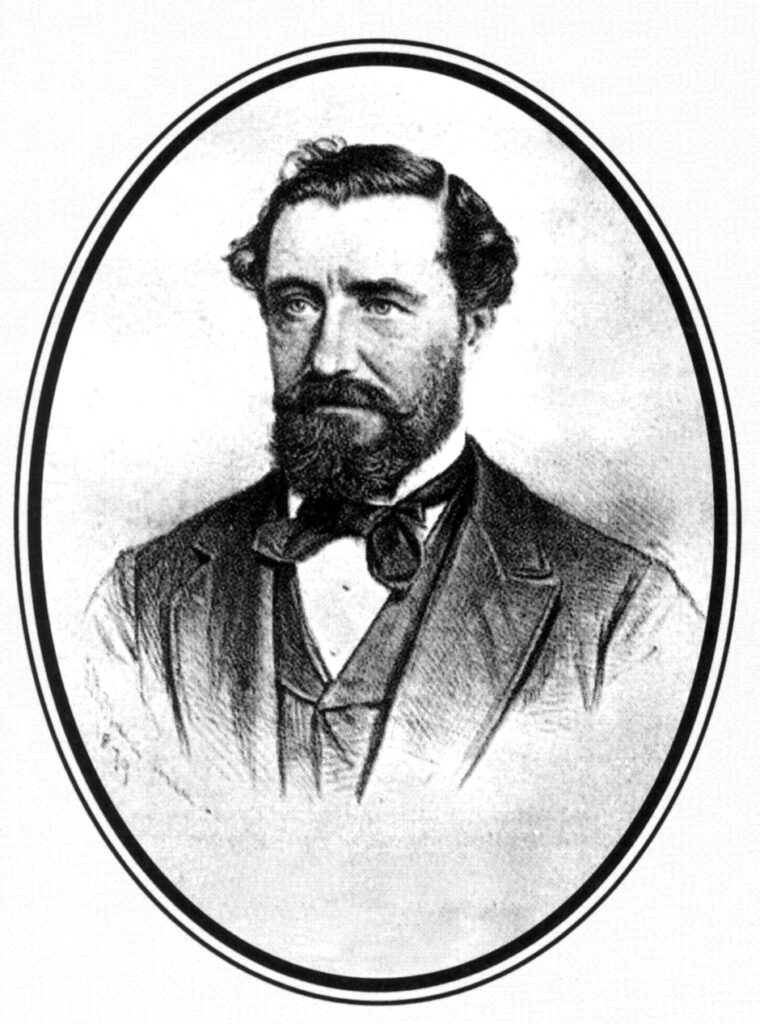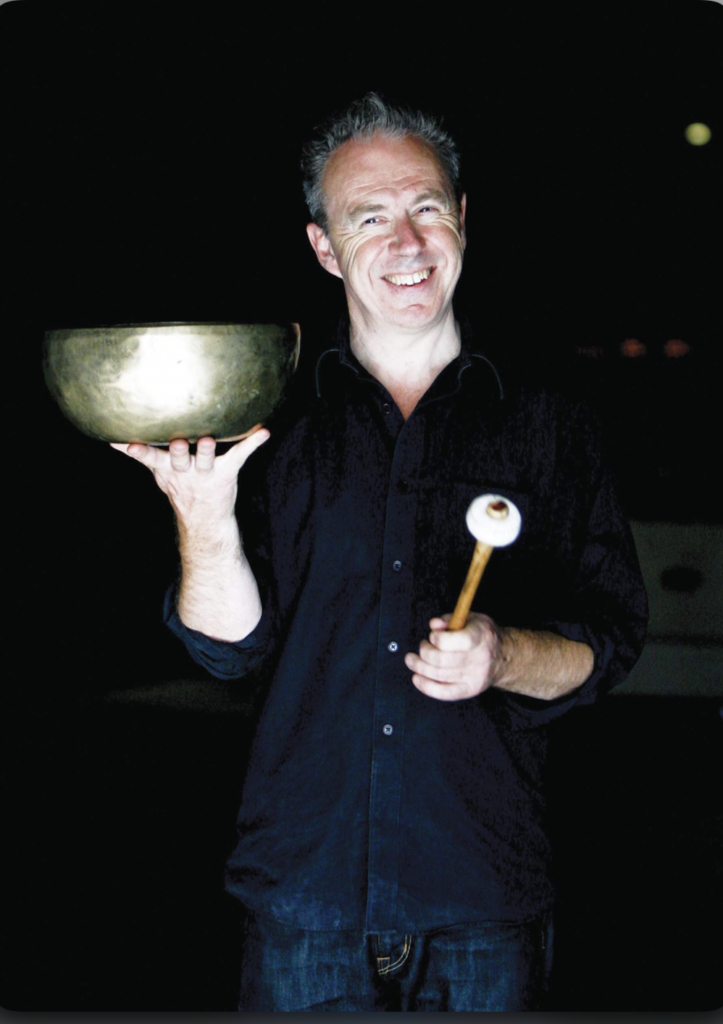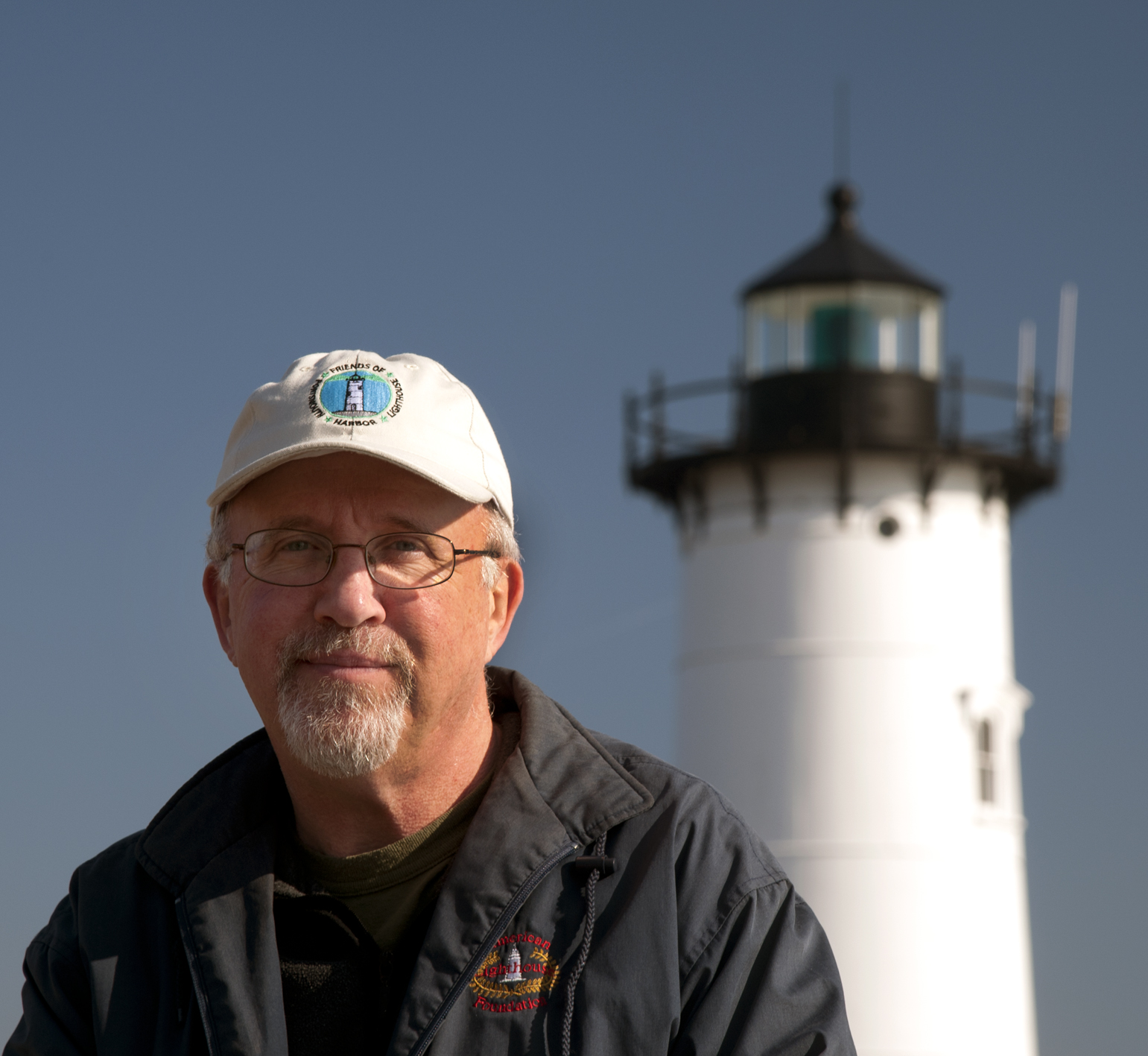

(U.S. Lighthouse Society)
In an area of London known as the Docklands, where the River Lea meets the River Thames, is a part of the waterfront known as the Trinity Buoy Wharf. And on the wharf is London’s only lighthouse. The lighthouse at the Trinity Buoy Wharf was never used for navigation. The wharf itself was also used by Trinity House, the English lighthouse authority, for the manufacture of chains, buoys, and light buoys. The first lighthouse on the wharf, designed by Trinity House engineer James Walker and built in 1852, was demolished in the late 1920s. The lighthouse that still stands—also known as the Bow Creek Lighthouse, Blackwall’s Experimental Lighthouse, or simply the Experimental Lighthouse—was completed in 1866. It was designed by engineer James Douglass. Both of the lighthouses were used by Trinity House, the English lighthouse authority, for the training of prospective lighthouse keepers. The scientist Michael Faraday also carried out experiments there.

The Trinity Buoy Wharf was closed in 1988. The site has been developed as a center for the arts and cultural activities. A lightship at the wharf was converted into a recording studio, and there are art and dance studios at the site. Musician and composer Jem Finer has repurposed the lighthouse in a unique way. Since 2001, the lighthouse has been looked after by the Longplayer Trust. Jem Finer’s ambient sound piece called Longplayer started playing in the lighthouse at the stroke of midnight just as the year 2000 began. It’s been playing ever since, and the intention is that won’t repeat until midnight on December 31, 2999. Longplayer is composed for singing bowls, a type of ancient bell. Longplayer is based at the lighthouse, but it can also be heard at several listening posts worldwide and is also streaming online here.

Longplayer was developed and composed by Jem Finer with the support and collaboration of Artangel, an organization that has been commissioning and producing ambitious projects by contemporary artists for the last two decades. Since studying computer science in the 1970s, Jem Finer has worked in a variety of fields, including photography, film, music, and art installation. He was also a founding member of the Pogues, the popular English Celtic punk band. This interview with Jem Finer was conducted on May 22, 2020, by Light Hearted host Jeremy D’Entremont.
Click here to listen to the podcast:
Podcast: Play in new window | Download (Duration: 33:15 — 25.3MB) | Embed

Jeremy D’Entremont is the author of more than 20 books and hundreds of articles on lighthouses and maritime history. He is the president and historian for the American Lighthouse Foundation and founder of Friends of Portsmouth Harbor Lighthouses, and he has lectured and narrated cruises throughout the Northeast and in other regions. He is also the producer and host of the U.S. Lighthouse Society podcast, “Light Hearted.” He can be emailed at Jeremy@uslhs.org

